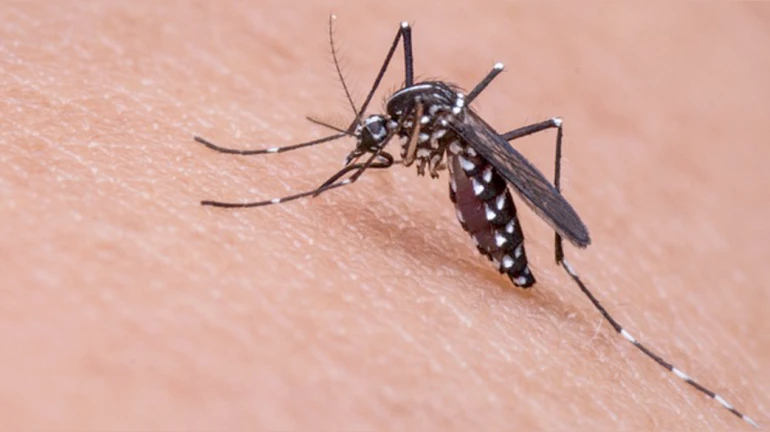
With the India Meteorological Department (IMD) declaring the advent of monsoon in Mumbai on June 11, mosquito-borne diseases are anticipated to be on the rise.
One of these includes malaria which is a very common arthropod-borne disease which is caused by Plasmodium species which are of five types. These Saniya Wasim Shaikh, Tropical Diseases Specialist, Masina Hospital, say are plasmodium vivax, plasmodium falciparum, plasmodium malaria, plasmodium oval and plasmodium knowlesi.
Shaikh remarked, "The most common mode of transmission to humans is by the bite of a female anopheles’ mosquito which has been infected by the malarial parasite through a previously infected blood meal. The other uncommon ways of transmission are via blood transfusion, trans placental transmission from mother to child etc."
She added, "Various studies show that the incidence of malaria increases during monsoon and post-monsoon season. The factors governing the spread and increase in cases of malaria included monthly maximal, minimal, and average temperature, relative humidity, and rainfall."
The expert brought to light that these mosquitoes thrive and breed in stagnated water, which can be found on construction sites, in domestic and public surroundings where there is water accumulation and clogging.
Thus, with the advent of the rainy season, the incidence of water logging and stagnation is bound to increase, promoting every site as a mosquito breeding ground, she believes. Certain reports, on the other hand, elucidate that Mumbai recorded 4,357 malaria cases in 2019, 5,007 in 2020 and 5,193 in 2021.
To this, Shaikh further shared, "Pregnant ladies and children below the age of five are more prone to Malaria. Symptoms like fever occurring periodically, sweating and shivering can be seen in young children. Other symptoms include diarrhoea, nausea, dehydration, drowsiness, headache, vomiting, flu-like symptoms, mild cough and cold. The symptoms may differ which depends on the type of parasites, but majorly they all remain the same."
She elaborated further, "Young children may sometimes get fever up to 101 degrees. If the brain is involved it may also lead to seizures and if not treated on time it can also prove to be fatal."
The treatment she highlighted includes early recognition and prompt treatment with antimalarial, antipyretics, supportive care in the form of iv fluids, prevention of vomiting and counselling.
Going a step ahead are preventive measures that entail:
She ends on a positive night by uttering, "Mumbai may see a steady decline in the incidence of malaria in the coming years as a result of public education, awareness, and precautionary measures, as well as the introduction of the vaccine."





